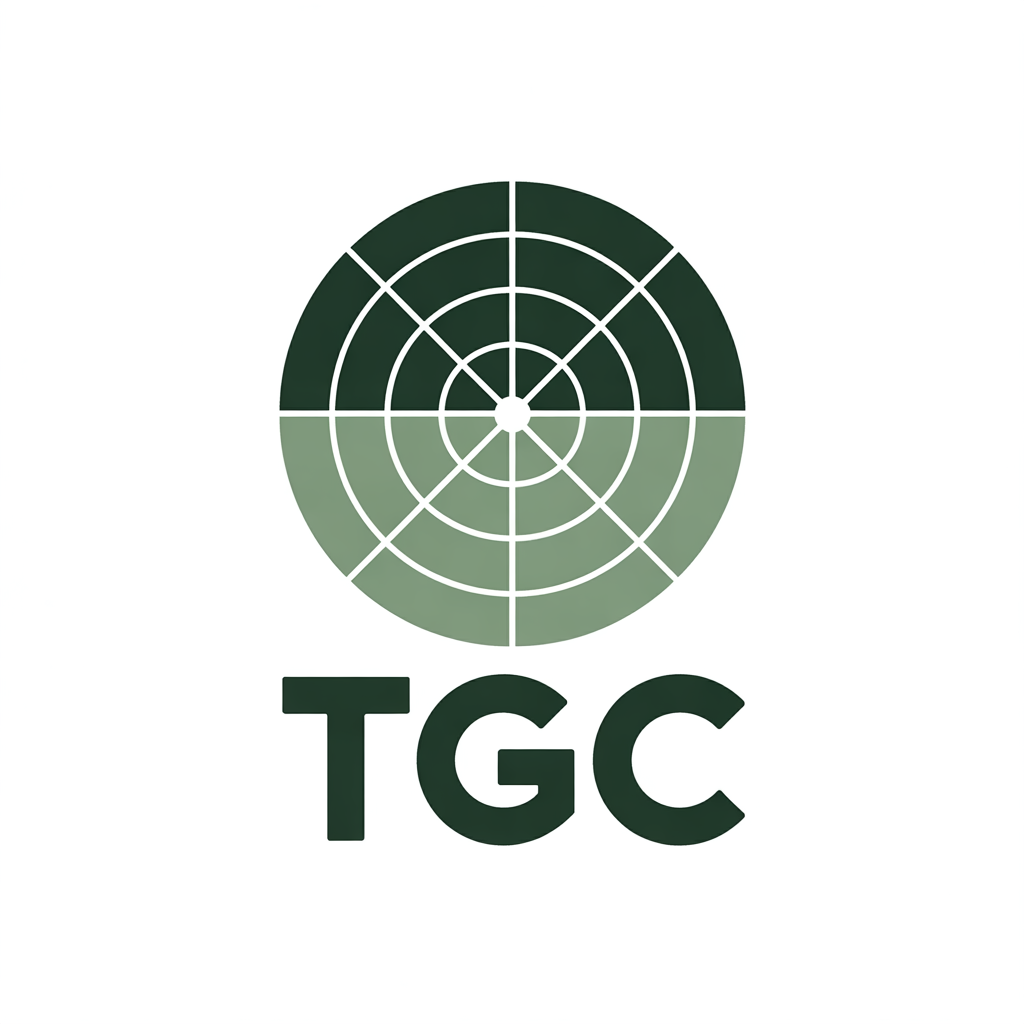In the rapidly evolving world of iGaming, mergers and acquisitions (M&A) have become essential strategies for growth, market expansion, and gaining a competitive edge. However, while securing a deal can be seen as a major achievement, the real challenge begins with the Post-Merger Integration (PMI) phase. This is where companies often falter, especially in fast-paced industries like iGaming, where speed and agility are key. A successful PMI can determine whether the acquisition creates the intended value or becomes a costly misstep.
This article explores the best practices for mastering PMI in the iGaming sector from The Gambling Cockpit‘s experiences, highlighting critical areas like cultural integration, technology alignment, and performance measurement. It aims to provide strategic insights for companies looking to achieve seamless integration while optimizing operational efficiency.
Avoiding the pitfall of moving too fast
One of the most common mistakes in the iGaming sector during PMI is the urge to rush through the integration process to outpace competitors. While speed is essential in this industry, moving too quickly can lead to overambitious timelines that may compromise the quality of integration.
Key Risks:
- Operational overload: Pushing for rapid integration can overwhelm internal teams, causing burnout and potentially leading to costly errors.
- Strategic misalignment: Without a clear, phased approach, companies risk misaligning key strategic goals, which can jeopardize long-term success.
Solution: Strike a balance between speed and thoroughness. Create a realistic integration timeline that prioritizes high-impact areas first, allowing for flexibility to address unforeseen challenges. Establishing dedicated OKRs (Objectives and Key Results) for the integration can help keep the process on track and aligned with strategic objectives.
Building the best PMI Team
Not all companies have the capacity to maintain an integrated PMI team. In such cases, the workload is added to the daily tasks of other teams. However, best practice involves allocating time for stakeholders to dedicate the necessary effort to avoid critical errors and omissions. And if, like some players in the iGaming industry, your M&A pipeline is dynamic, internalizing this expertise may become a key success factor for the company.
Based on our experience, we recommend either:
- Involving all stakeholders (HR, Marketing, Tech, Product, Legal, Finance) in the scoping and planning phases to ensure that no aspect is overlooked
- Outsourcing your PMI needs to an external provider, whose involvement will range from the scoping phase to the final implementation of the recommendations.
Addressing corporate culture integration
Merging two companies means combining not just assets and technologies, but also distinct corporate cultures. Ignoring this aspect can lead to internal resistance, low employee morale, and even the loss of key talent. In iGaming, where innovation and collaboration drive success, ensuring a smooth cultural integration is vital.
Best Practices:
- Conduct a cultural assessment early in the PMI process to identify potential friction points.
- Foster open communication channels to engage employees from both entities and integrate best practices from each company.
- Retain key leadership personnel temporarily to provide stability and ensure knowledge transfer during the integration phase.
Pro Tip: Include cultural metrics in your PMI OKRs to objectively measure progress in team alignment and employee satisfaction.
Streamlining redundancies: systems, tools, workforces and partnerships
iGaming companies often have overlapping systems, tools, and partnerships post-merger. Addressing these redundancies is critical to realizing cost synergies and optimizing operational efficiency.
Actionable Steps:
- Perform a comprehensive audit of existing IT infrastructure, partnerships, and operational processes to identify overlaps.
- Decide whether to integrate or replace acquired assets based on performance, scalability, and alignment with the acquiring company’s long-term strategy.
- Consolidate critical systems like ERP, CRM, and data management platforms to reduce complexity and streamline reporting.
- Identify the redundant workforces and re-allocate them to another perimeter in order to avoid duplicated costs.
Key Insight: Incorporate a technology due diligence phase that is as thorough as the financial and legal assessments conducted during the acquisition process. This ensures that integration challenges are anticipated and addressed early.
Defining OKRs to guide successful integration
One effective way to maintain focus during PMI is to establish clear OKRs that align with the company’s strategic priorities. These OKRs should serve as a framework for decision-making, ensuring that integration activities are driven by measurable outcomes rather than organizational inertia.
Benefits of OKR-driven integration:
- Ensures that integration efforts remain aligned with strategic goals, in order to avoid
- Facilitates data-driven decision-making, especially when determining the allocation of resources.
- Helps validate the success of the integration, ensuring that bonuses tied to performance targets are based on objective achievements.
Prioritizing due diligence: technology and beyond
In the iGaming sector, where technology is a critical differentiator, dedicating the same level of due diligence to technical assets as to financial and legal aspects is essential. Neglecting the tech side can result in costly integration failures and missed revenue opportunities.
Key points of attention:
- System Compatibility: Ensure that platforms, databases, and software are compatible to avoid disruptions.
- Cybersecurity: Prioritize cybersecurity integration to safeguard sensitive data and maintain user trust.
- Scalability: Assess the scalability of acquired systems to ensure they can support future growth without requiring significant overhauls.
- SLA (Service Level Agreement): Re-negociating the contracts and the SLA with your tech partners in order to make sure your interests are safe.
Optimizing financial and operational processes
iGaming companies often face challenges in harmonizing financial reporting, supply chains, and other operational processes. Streamlining these areas is crucial to achieving the desired synergies and maximizing ROI.
Strategies for Optimization:
- Standardize financial reporting processes to improve transparency and accuracy.
- Integrate supply chain management systems to optimize purchasing and inventory management.
- Reassess vendor contracts and consolidate where possible to reduce costs.
Example: Integrating CRM and ERP systems can significantly enhance customer insights and streamline operations, leading to better decision-making and cost savings. It’s critical to identify on what tool you’ll keep moving with.
Measuring integration success with great KPIs.
Once the integration is complete, it’s crucial to measure its success across multiple dimensions to ensure that the intended value is being realized.
Metrics to Track:
- Financial Performance: Are projected cost savings and revenue synergies being achieved? Is there evidence of market share growth? Are we canibalizing our markets ?
- Operational Efficiency: Have redundancies been eliminated, and are processes more streamlined post-merger?
- Employee Engagement: Are teams motivated, and is there evidence of cultural alignment? Are there any shifts in employee turnover rates?
- System Performance: Is the integrated IT infrastructure stable, scalable, and secure?
Continuous Monitoring: Implement regular reviews to identify areas for improvement and adjust strategies as necessary. This approach helps companies remain agile and responsive to changes in the iGaming landscape.
The path to a successful Post-Merger Integration
In the fast-paced and competitive world of iGaming, a meticulously planned PMI process can make the difference between a successful acquisition and a costly failure. By taking a strategic, data-driven approach to integration—one that prioritizes culture, technology, and operational efficiency—companies can unlock the full potential of their mergers and acquisitions.
Leveraging these best practices, your organization can not only streamline the integration process but also establish a foundation for long-term growth and success in the ever-evolving iGaming industry.
By structuring their PMI methods with dedicated resources, iGaming companies can better navigate the complexities of PMI, ensuring that their M&A activities drive sustainable growth and deliver the expected value.
(If you’re still reading this article, here is our PMI Checklist for free.)
As an expert consultancy dedicated to the iGaming sector, we specialize in optimizing these integrations to help our clients succeed in a dynamic market.
Reach out to learn how we can assist in your next project opportunities or in your Post Merger Integration Challenges

Pierric Blanchet
Founder @ TGC


